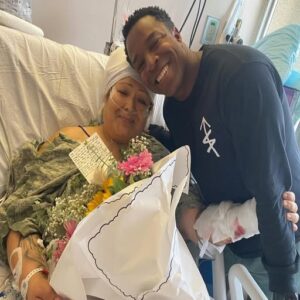At 2:17 p.m. on a quiet Tuesday, 911 dispatcher Vanessa Gomez answered a call that would forever haunt her. After years on the job, she had handled all kinds of emergencies—but this was different. On the other end of the line, a tiny, trembling voice whispered: “It was my daddy and his friend. Please… please help me.”
The caller was an eight‑year‑old girl named Liliana. Between sobs, she said her stomach hurt terribly and kept swelling. Vanessa asked where she was. Only the faint sound of Spanish cartoons came through the receiver—no adult voices, no movement.
Liliana revealed that her mother was asleep, fighting some illness, and that it was her father and his friend who had come by. She wasn’t sure what they had given her—just that shortly afterward, her stomach began to hurt. The little girl cried that nobody would take her to a doctor, even though the pain grew unbearable.
Vanessa stayed calm and professional, signaling to her supervisor while continuing to guide Liliana. She asked if Liliana could look out the window and told her a police officer named Jose Lopez was on the way. Vanessa urged Liliana to keep talking, stay calm, and open the door when help arrived.
As footsteps sounded faintly, Liliana gasped: the police were at the house. The distressing scene, conveyed through the voice of a child, underscored the vulnerability and urgency of the moment—and the weight of a call that left a seasoned dispatcher shaken.





